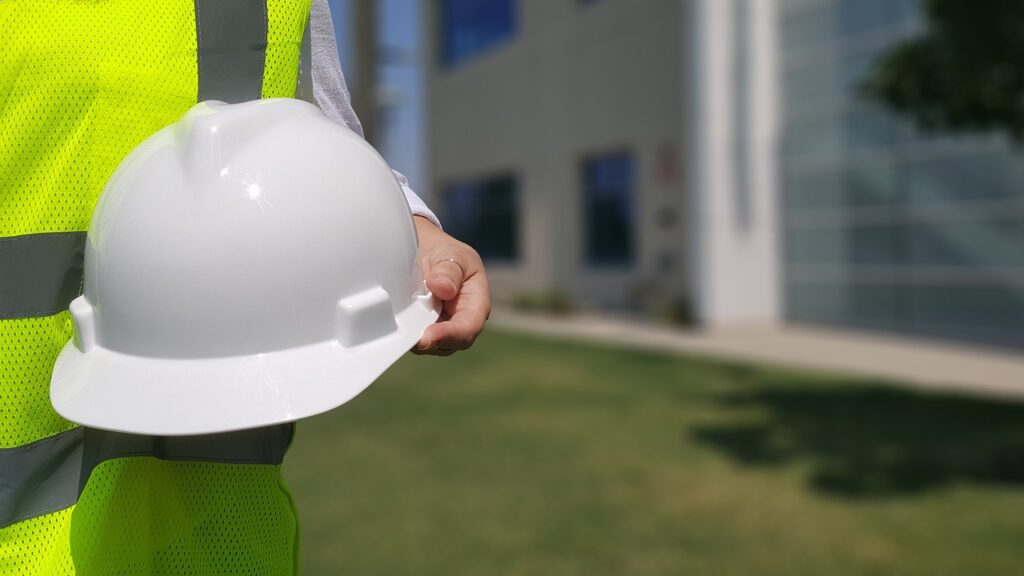The warehouse and storage industry is one of the largest labor intensive industries in the country and also accounts for a significant number of work accidents each year. In fact, the warehouse and storage industry accounts for many work accidents in the tri-state area: Pennsylvania, New Jersey and New York.
Related: Philadelphia Work Accident Law – Do I have a case?
Warehouse and storage facilities are used for storage and distribution of general merchandise, goods, foods, etc. In addition, some facilities offer specialized services, such as:
- assembly,
- labeling goods,
- packaging,
- inventory control/management,
- order filling/management, and
- transportation logistics.
3 Most Common Types of Warehouse/Storage Work Accidents
Accidents in the warehouse and storage section often involve:
- fall down accidents,
- product accidents, and
- forklift accidents.
Fall Down Accidents
Whether it’s a slip and fall or a trip and fall accident, workers in warehouses and storage facilities can suffer serious injuries. One common type of fall accident involves a worker who falls from a loading dock. Even a fall from 4-5 feet can result in major injuries such as traumatic brain injuries and fractured bones.
Related: Fall Down Accidents at Work – When to Find a Lawyer
Product-Inventory Accidents
Workers are often injured in product accidents, such as product tip-over accidents. For instance, a worker’s arm or leg may be struck by large boxes of heavy items which fall from a specific area of the warehouse. Such crush injuries often result in fractured arms and legs, and in serious cases, loss of the use of the extremity.
Forklift Accidents
Forklift accidents account for a high number of accidents, across all industries, and the warehouse and storage industry is no exception. Forklift strike accidents and forklift tip-over accidents are the most common types of forklift accidents. Forklift drivers and bystanders can become seriously injured. In fact, many forklift accidents result in fatalities. Related: OSHA Forklift Operator Training Requirements
What Is the Compensation After a Warehouse/Storage Work Accident?
An injured worker can obtain compensation for a work related accident which occurs in a warehouse or storage facility. There are two types of claims: a workers’ compensation claim and a third party liability claim. Injured workers are often misinformed about their legal rights to file both types of claims.
Each state, including Pennsylvania and New Jersey, has some form of workers’ compensation for injured workers. Workers’ comp benefits provide coverage for medical treatment and in cases of disability, indemnity pay (lost wage or disability pay). However, injured workers who receive indemnity pay generally do not receive the full amount of their weekly pay and instead only receive a percentage. The goal of workers’ compensation is to get injured workers back to work, not to make them whole, from a financial standpoint.
Third party claims, on the other hand, are designed to make injured workers whole. Financially, injured workers can obtain full and fair compensation for their injuries, including:
- medical bills,
- lost wages, and
- pain and suffering.
In addition, injured workers may be able to make claims for other economic expenses such as household help. Injured workers may also make claims for past and future expenses and losses, including medical expenses, lost wages and pain and suffering.
More: Compensation for Accidents at Work, Injured at Work in Pennsylvania?
Injured in a Warehouse or Storage Accident? Get Legal Help Now
If you or a loved one was injured in a warehouse/storage accident in the PA-NJ-NY area, please call our work accident lawyers for a free consultation. Call (215) 399-9255.
Our lawyers are licensed in PA, NJ, WV, and IL, and the firm has offices in PA, NJ, NY, and DE. Our firm may handle cases in other states on a case by case basis.
DISCLAIMER: This website does not create any attorney-client relationship or provide legal advice. It is crucial to speak to a qualified lawyer prior to making any decision about your case. Read full disclaimer at the bottom of this page.

